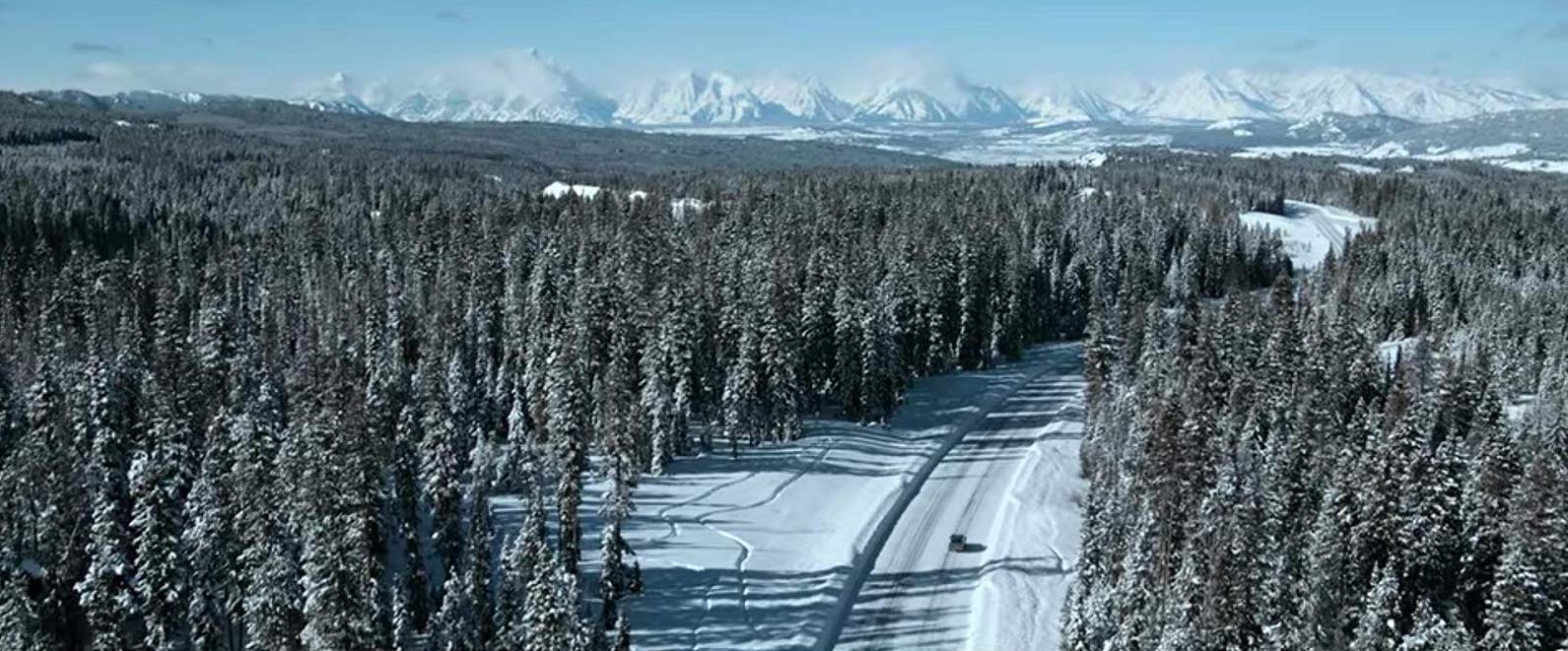By Yasmin Inkersole, Third Year, English
El Camino: A Breaking Bad Movie (2019) is the long-awaited film by producer Vince Gilligan, starring Aaron Paul as Jesse Pinkman. But does it live up to the epic legacy of Breaking Bad (2008-2013)?
Gilligan’s famous series first aired on TV in 2008, over ten years ago. However fans of the show have grown to huge numbers and continued to wonder after the fate of Jesse Pinkman, whose future in the finale episode remained unclear.
The film picks up exactly where Breaking Bad left off. Pinkman speeds through a metal fence, hitting the steering wheel of his 1978 Chevrolet El Camino escape car and screaming with raw emotion.
It is a moment where viewers share his elation: having watched Pinkman grow from a small-scale drug dealer providing comic relief in the often-tense series to a dejected figure kept in a cage and forced to make crystal meth, it is a testament to Paul’s acting and Gilligan’s writing that we never stop rooting for Jesse.
If ever there was a ‘good bad guy’ it would be Jesse. El Camino is an exploration of Jesse’s tenuous position as he straddles the line between binary worlds. Often the conscience of the hit TV show, his character is caught up in the drug-dealing world and commits heinous crimes but not without emotional anguish.
El Camino sees Jesse’s struggle with morals continue as he tries to restart his life in Alaska. The money required for Jesse to have a fresh start is the main obstacle of the plot and sees Pinkman placed in scenarios which challenge his ethics and how far he is willing to go for it.
If ever there was a ‘good bad guy’ it would be Jesse
Though the missing presence of Walter White (Bryan Cranston) is not felt as a lack in the film, one can’t help but hear his words ringing throughout, in particular his answer to Jesse’s question in season 5: ‘Jesse, you asked me if I was in the meth business or the money business. Neither. I’m in the empire business.’

Always more horrified than White at the ‘empire’ they had built, Pinkman shows a complete disinterest in returning to his drug-making ways and only requires enough money to buy himself a fresh start. So the audience is led to question: what is it that Jesse wants? In a film with less dialogue than most, perhaps the answer to this question lies in the symbolism carefully laid down in the many beautiful and painstakingly composed scenes.
Always more horrified than White at the ‘empire’ they had built, Pinkman shows a complete disinterest in returning to his drug-making
One such moment sees Pinkman climb the stairs of Todd Alquist’s apartment, the man who once held Pinkman captive and, in the final episode, was murdered by him. Strikingly, a camera angle from the flight of stairs above Jesse looks down on him, capturing his face between the harsh lines of the steps like a person caught behind prison bars.
the cinematography in #ElCamino is *chef's kiss* pic.twitter.com/Vis81AYpVH
— YEOLO™ (@tzehern_) October 12, 2019
The film’s interwoven structure of flashbacks to Jesse’s past, including heart-breaking scenes of his captivity along with his present-day journey, suggest his ongoing internal conflict with himself as a free man having to accept his victimisation. Perhaps, then, what he wants is to outrun the pain of his trauma.
His unswerving intent to escape to Alaska suggests a desire to break free, as if the chain link fence at the end of the series was only the first in a sequence that needed to be broken through. However, the film’s ending suggests a different reality. With only one truly notable scene of fast-paced action and violence, the tone of the film, particularly its ending, is sombre and thoughtful.
His strength is in his calm demeanour
Taking the advice of his now-deceased girlfriend Jane, who once told him: ‘I've gone where the universe takes me my whole life. It's better to make those decisions for yourself,’ the final shot of El Camino shows Pinkman behind the wheel again, although he is not the same emotional, victorious Jesse who broke free in the El Camino.
His strength is in his calm demeanour, and now instead of celebrating his freedom the audience is invited to look ahead, as Jesse does, at the road that lies before him where finally he is free to decide his own fate.
Featured image: IMDb / Netflix
Did El Camino wrap up Jesse's story the way you wanted it to?









